What does it entail for a parliamentary committee to be called a committee of inquiry? Does it perform different tasks or have more powers?
Three types of committees can function in the European Parliament (EP): standing committees organized along the lines of political logic, special committees organized to carry out specific tasks, and investigative committees. According to the rules, the EP can designate a temporary committee of inquiry to investigate potential violations of EU law. In other words, the establishment of this committee is unlawful in and of itself. After all, what the PEGA committee is investigating is the national security matters of Member States – which EU law has no competence over.
So, Member States can decide on issues of national security themselves?
This is exactly what I am talking about – national security, is the exclusive competence of Member States and this committee of inquiry is going outside the law in its existence, operation, acceptance of reports, and visit planned to Hungary. This is behind why the Hungarian government is not really taking notice of this visit. Anyways, there is nothing to contribute as, since the Fidesz government took over in 2010, the national security services have not carried out illegal surveillance in Hungary. During their visit to Budapest, the members of the investigation committee must meet with NGOs which have already spoken out countless times at the LIBE and PEGA meetings in the EP; so, this two-day trip to Budapest will provide a suitable opportunity for them to return the previous invitation for the EP.
How can the committee function and organize visits despite this?
This is purely political. This committee exists because the EP’s leftist majority decided so. Actually, their argument for this is absolutely absurd. In the draft report which will be accepted by the Pegasus committee, it is stated that since the council previously discussed the issue of spyware at the request of the EP, they believe that this should be interpreted as recognizing the EU’s competence in this regard.
I think it goes without saying that this explanation is frivolous and has no legal basis.
Lacking any legal basis, it is clear this committee of inquiry is motivated by politics; this is another effort from the European Left to restrict national sovereignty and nation-states. I used the plural because aside from Hungary, the committee is also dealing with four other Member States: Poland, Spain, Cyprus, and Greece. And the liberal Dutch representative Sophie in’t Veld, who has been slandering the Hungarian government for over ten years, is responsible for this report.
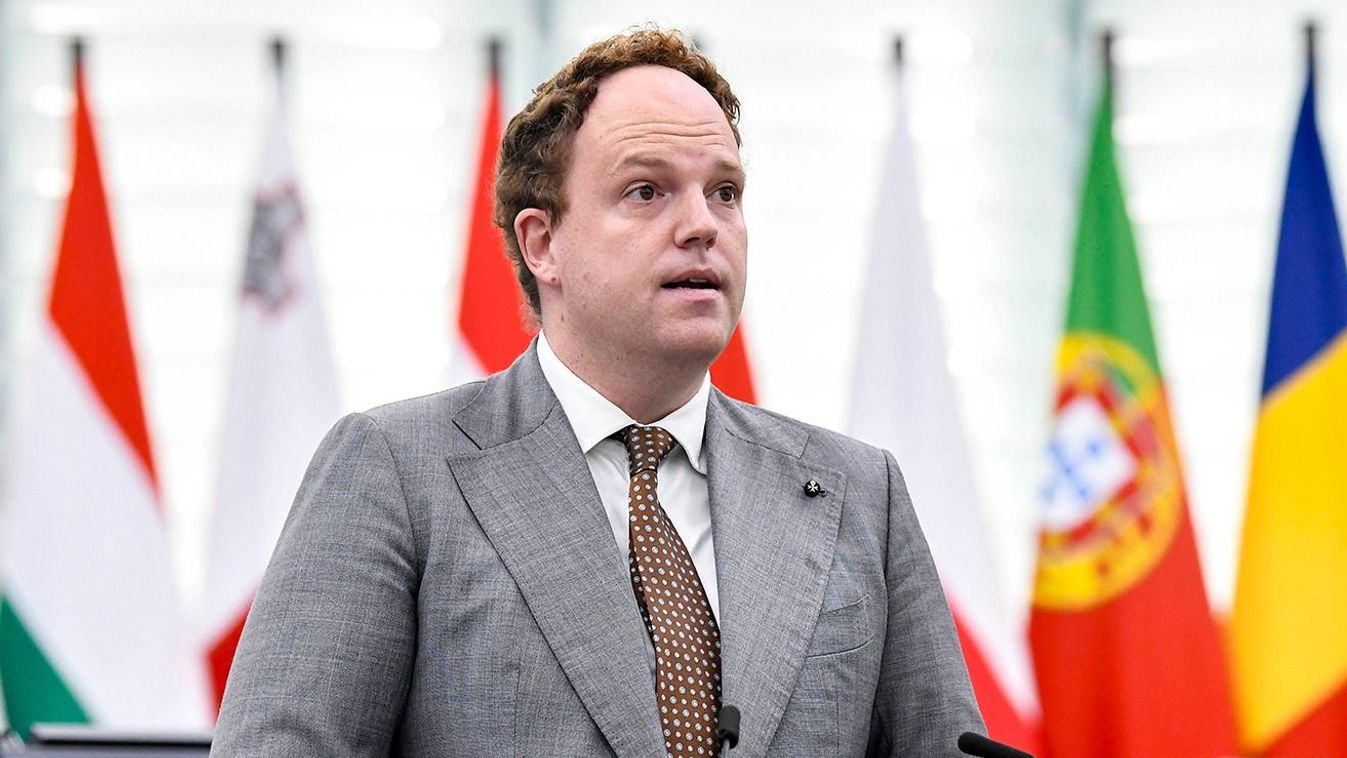
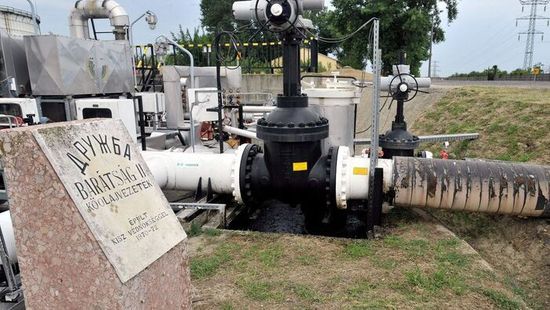

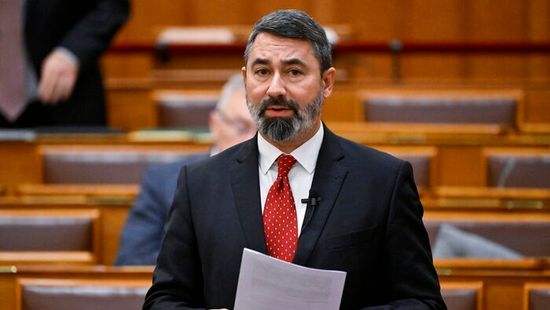


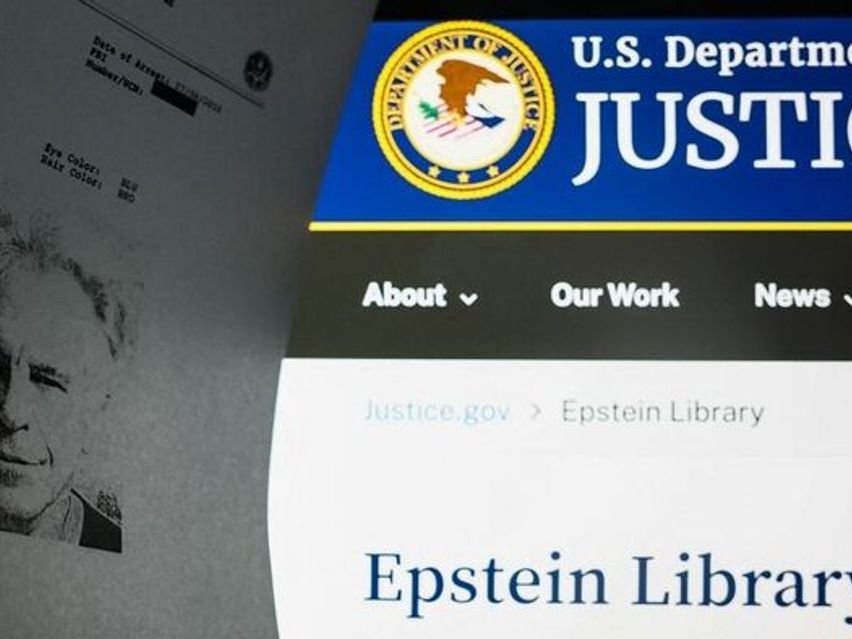

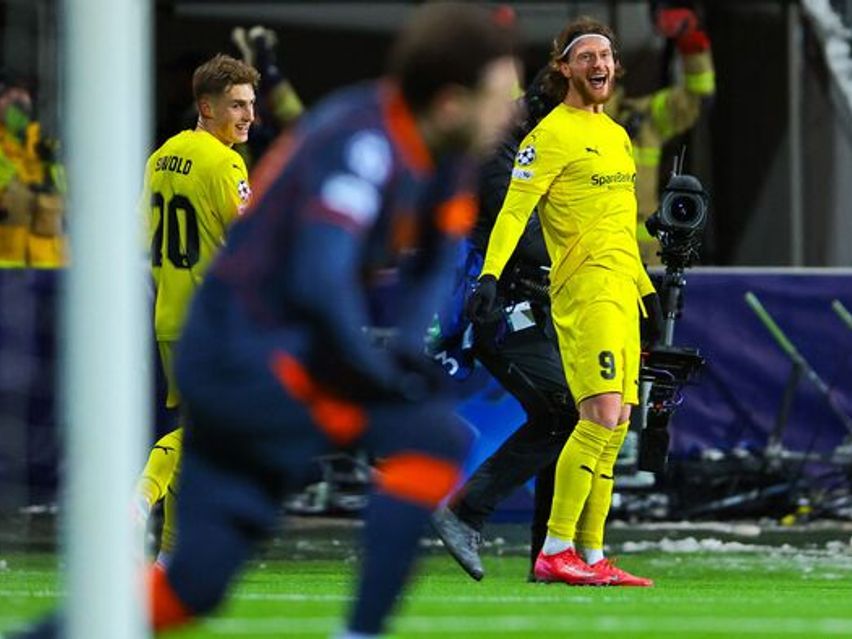






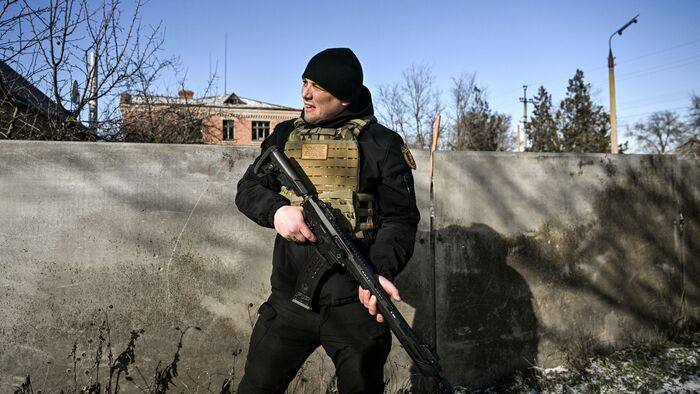
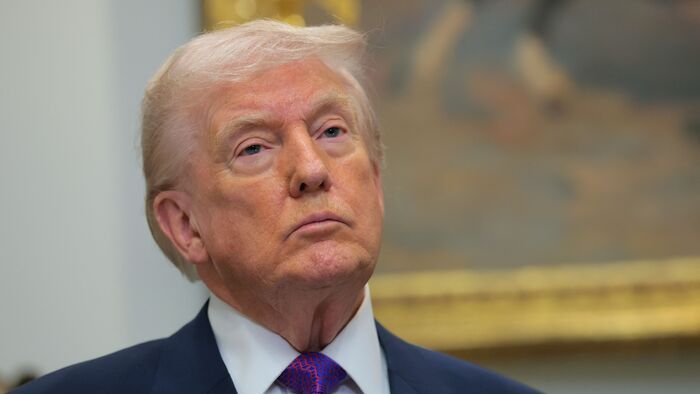






Szóljon hozzá!
Jelenleg csak a hozzászólások egy kis részét látja. Hozzászóláshoz és a további kommentek megtekintéséhez lépjen be, vagy regisztráljon!